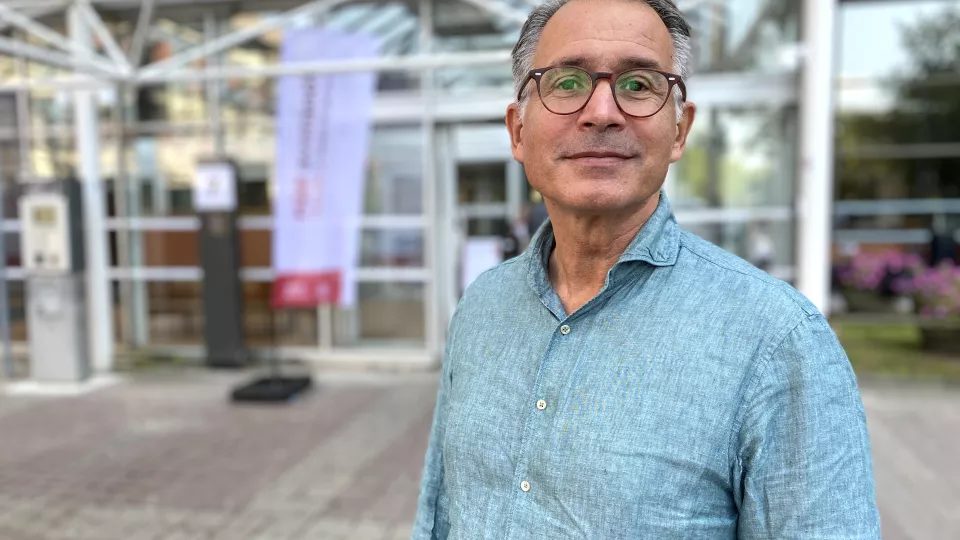SciLifeLab is a national infrastructure within the field of life science and offers cutting-edge technologies and expertise to the Swedish research community. Within the infrastructure there are 10 platforms with different orientations. One of the platforms is Clinical Genomics, which offers expertise and services in the new generation of sequencing technology (NGS) for clinical research projects and studies and also develops new diagnostic tools for the healthcare of tomorrow.
For many years, Thoas Fioretos has demonstrated great commitment to the work of developing new technology and new diagnostic methods, both in his own research and as a representative of the Centre for Translational Genomics (CTG) at the Faculty of Medicine. He is also Lund University’s representative within Genomic Medicine Sweden (GMS), which aims to strengthen Swedish research and healthcare in the area of precision medicine. In his own research, he studies genetic changes in blood cancer and how these can be used for improved diagnosis and treatment of these diseases.
Congratulations to this position!
What does the Clinical Genomics platform do?
“It is of course a great honour to have been appointed director of one of the national platforms within SciLifeLab. The Clinical Genomics platform within SciLifeLab consists of seven nodes and is located at all the universities in the country that have a faculty of medicine. Within the platform there is a wealth of knowledge about how the new generation of sequencing technology can be used for improved research and diagnostics. One strength is that we are nationally distributed and work closely with healthcare providers. We offer expertise and services for clinician research projects and develop new methodologies that may have a major impact on improving diagnostics in future healthcare.”
What will the new technology mean for precision medicine, and what diseases/conditions do you think will benefit most from NSG?
“Sequencing-based diagnostics are currently one of the driving forces in precision medicine. This means that by identifying disease-specific changes in the genome, one can make an accurate diagnosis and often give patients a more targeted and individual treatment. That’s important for hereditary diseases, cancer and also for a number of infectious diseases.”
What challenges do you see in the near future?
“Right now, we are getting better at using modern sequencing technology to better understand more and more diseases. Within the Clinical Genomics platform, we need to get better at harmonising different analyses so that researchers across the country can be offered standardised analyses. We also need to be able to set up completely new analyses more quickly when technological shifts take place. There is also a clear trend showing that researchers will want to combine several different measurement methods in the future; for example, we will not only study the genome (DNA, RNA) but also the proteins that are expressed in the same sample. At the same time, our ability to image disease processes is evolving, for example through the use of high-resolution microscopes. Within SciLifeLab, a main focus will be to work across platform boundaries so that researchers can be offered completely new opportunities to study diseases. Hopefully this will lead to new breakthroughs that will ultimately benefit our patients and society. We also need to improve the collaboration between academia and healthcare, so that healthcare providers and patients can reap the benefits of new knowledge more quickly.”
